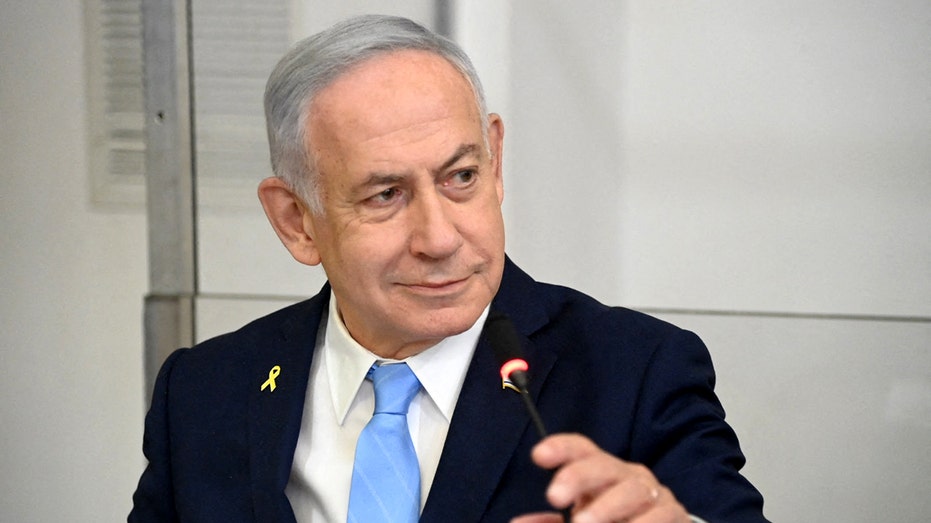Netanyahu's Coalition Faces Crisis Over Conscription Dispute with Religious Parties
Israel's political crisis escalates as ultra-Orthodox parties threaten to exit Netanyahu's coalition over military draft exemptions, sparking fears of early elections.

Israel's political landscape is facing unprecedented turmoil as Prime Minister Benjamin Netanyahu’s right-wing coalition teeters on the brink of collapse. The crisis escalated sharply when the Council of Torah Scholars, the spiritual authority for the ultra-Orthodox Agudat Yisrael party, issued a directive for the party to submit its own bill to dissolve the Knesset. This move demonstrates just how deep the rift has become within the ruling coalition, which has relied heavily on the support of ultra-Orthodox parties.
The immediate flashpoint centers on the long-standing exemption of ultra-Orthodox (Haredi) men from mandatory military service—a privilege that has grown increasingly contentious during the ongoing war in Gaza. As Israeli families cope with the loss of soldiers and national unity is tested by security threats, the demand for a more equitable distribution of military service obligations has intensified. There are currently an estimated 60,000 Haredi men of conscription age, according to IDF data, amplifying public frustration that a significant segment of the population remains exempt from the burdens of national defense.
The roots of the crisis can be traced back to the October 7 massacre, which reignited debate over conscription policies and left many Israelis unwilling to accept what they view as discriminatory exemptions. With military manpower stretched thin, popular anger toward the Haredi draft exception has reached a fever pitch. Israel’s Supreme Court further complicated matters in March by ruling the exemptions unconstitutional, giving Netanyahu’s coalition a mandate to find a resolution. However, attempts to enact new legislation have been stymied by internal divisions, as ultra-Orthodox parties demand protections that secular and national-religious factions refuse to grant.
The ramifications are clear: if the two main Haredi parties, Shas and United Torah Judaism, follow through on their threat to withdraw from the coalition, Netanyahu will lose his parliamentary majority. The opposition—led by former Prime Minister Yair Lapid—stands ready, having already scheduled a no-confidence vote and a bill to dissolve parliament for June 11. The outcome could hinge on just a handful of votes, making the coming days exceptionally uncertain for Israel’s government.
Compounding Netanyahu’s woes, recent opinion polls indicate that his current coalition would likely lose power if elections were held today. Former Prime Minister Naftali Bennett has also announced his return to politics with a new party that, according to polls, could surpass Likud, further eroding Netanyahu’s base of support. With the Knesset set to enter a lengthy recess at the end of July, political analysts warn that Netanyahu may not survive the summer as prime minister if the ultra-Orthodox factions decide to break ranks.
As tension mounts within the halls of power, all eyes are now on the Knesset’s upcoming vote. The future of Israel’s government—and its approach to both military service and internal divisions—hangs in the balance, with profound consequences for the country’s wartime leadership and societal cohesion.




